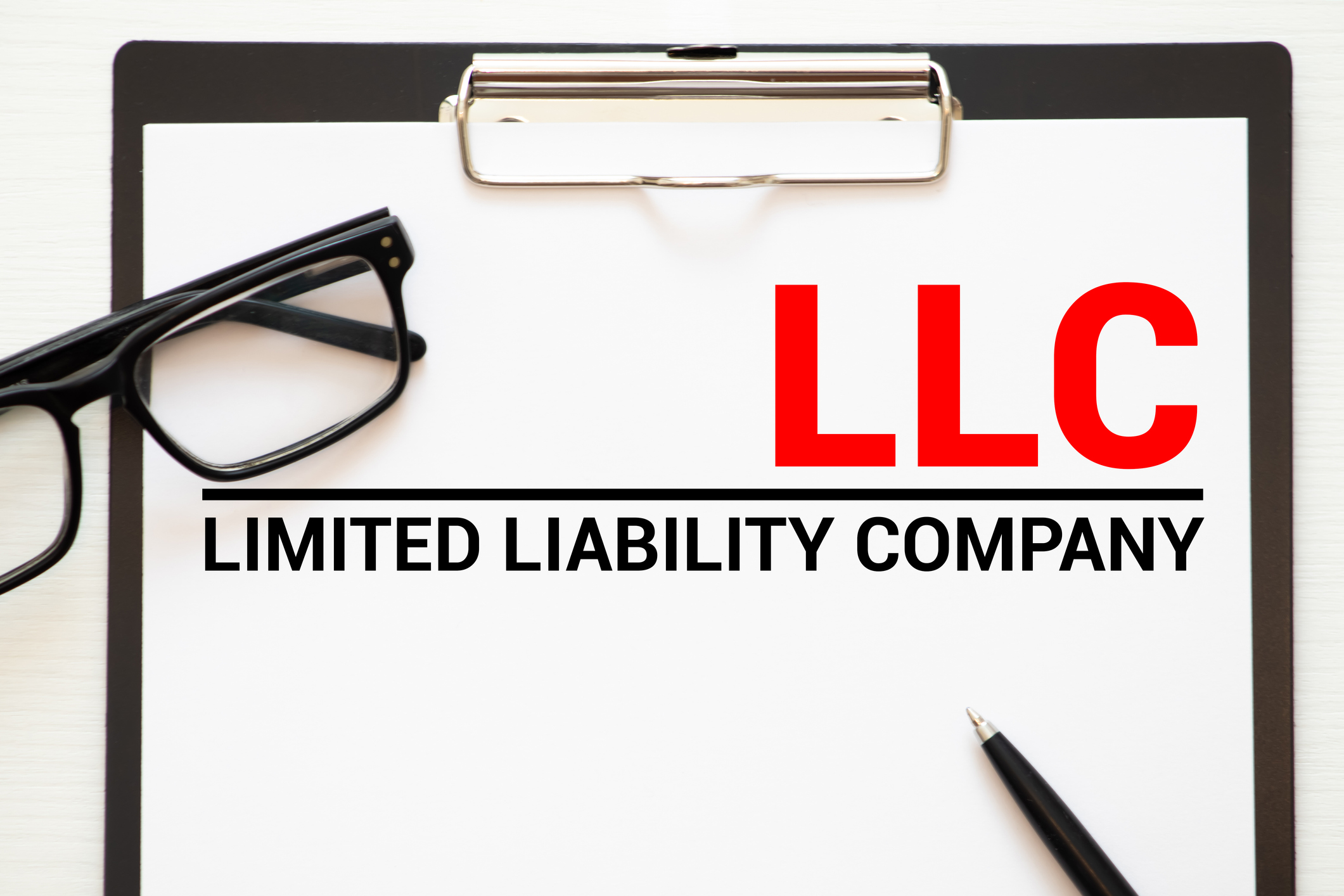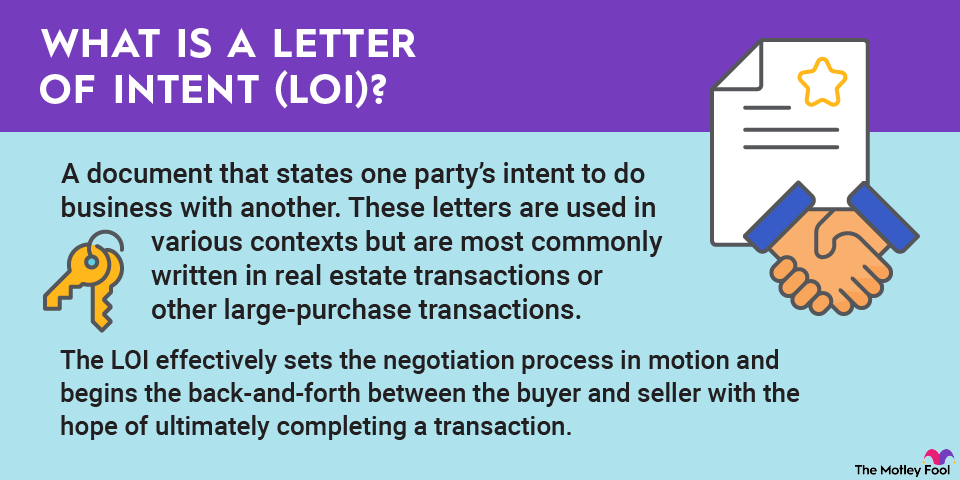Why are limited liability companies (LLCs) so popular among small and mid-sized business owners? In a word, liability. Read on to learn more about LLCs, their pros and cons, and the steps to create one, and discover a few big names that either used to be LLCs or use LLCs within their corporate structure.

What is an LLC?
A limited liability company (LLC) is a business that's created to shield owners from personal liability for any debts or liabilities from the company. It's also an effective means of saving money since it protects owners from the double taxation that often occurs with corporations.
LLCs are especially popular among small and mid-sized businesses since the assets of the owners are protected from legal ramifications such as bankruptcy or lawsuits, unlike sole proprietorships.
Pros and cons of LLCs
Shielding owners from financial liability issues is the No. 1 advantage of an LLC. But limited liability companies offer more advantages over other business structures, including:
- Less bureaucracy than a corporation. Many tasks that can be complicated in a corporation -- such as opening a bank account or establishing a company credit card -- are easily handled by members of an LLC.
- LLCs have relatively few restrictions on ownership and management. They can have any number of members and managers, and they don't have to answer to shareholders.
- They can be taxed as a sole proprietorship, partnership, S-corporation, or C-corporation.
- Profits can be distributed in any way that members of the LLC choose.
- LLCs that are taxed as sole proprietorships or partnerships avoid double taxation since corporate shareholders and owners are taxed on dividends, and the corporation is taxed on its income.
- Under a 2017 law, LLCs can take a 20% deduction on qualified business income. They can also write off many business expenses as deductions, lowering their income and reducing their tax bills.
Although there are many advantages to forming an LLC, the structure also has a few disadvantages, including:
- Some states require extra fees for LLCs, and others restrict certain professions from creating an LLC.
- Costs are generally higher for an LLC than a sole proprietorship or partnership since LLCs generally have to file annual reports and pay franchise tax fees.
- It's important that people who form an LLC take care to establish the company as a legal entity, or they can be held liable for adverse events. Often, ensuring that all the rules are followed means an attorney will have to be hired.
- Changes to an LLC, such as the addition of a new member, generally have to be agreed on by all members of the company.
- LLC income can be subject to payroll or self-employment taxes.
Shareholder
How To Create an LLC
- The first step in creating an LLC is determining a name. As a general rule, states prohibit companies from doing business under the same name, so the LLC has to have a unique moniker.
- A registered agent needs to be identified. The registered agent can be almost anyone as long as they agree to receive any legal documents.
- Most states require a notice of intent to create an LLC.
- An operating agreement that describes how the LLC will be run is required by most states.
- Articles of organization must be filed. These vary from state to state but will require the name, address, and other information about the LLC.
- Initial filing fees have to be paid.
- Once your LLC has been approved, you need to obtain confirmation from the state that your LLC exists. You'll be able to obtain a tax identification number and business license and set up a bank account.


















